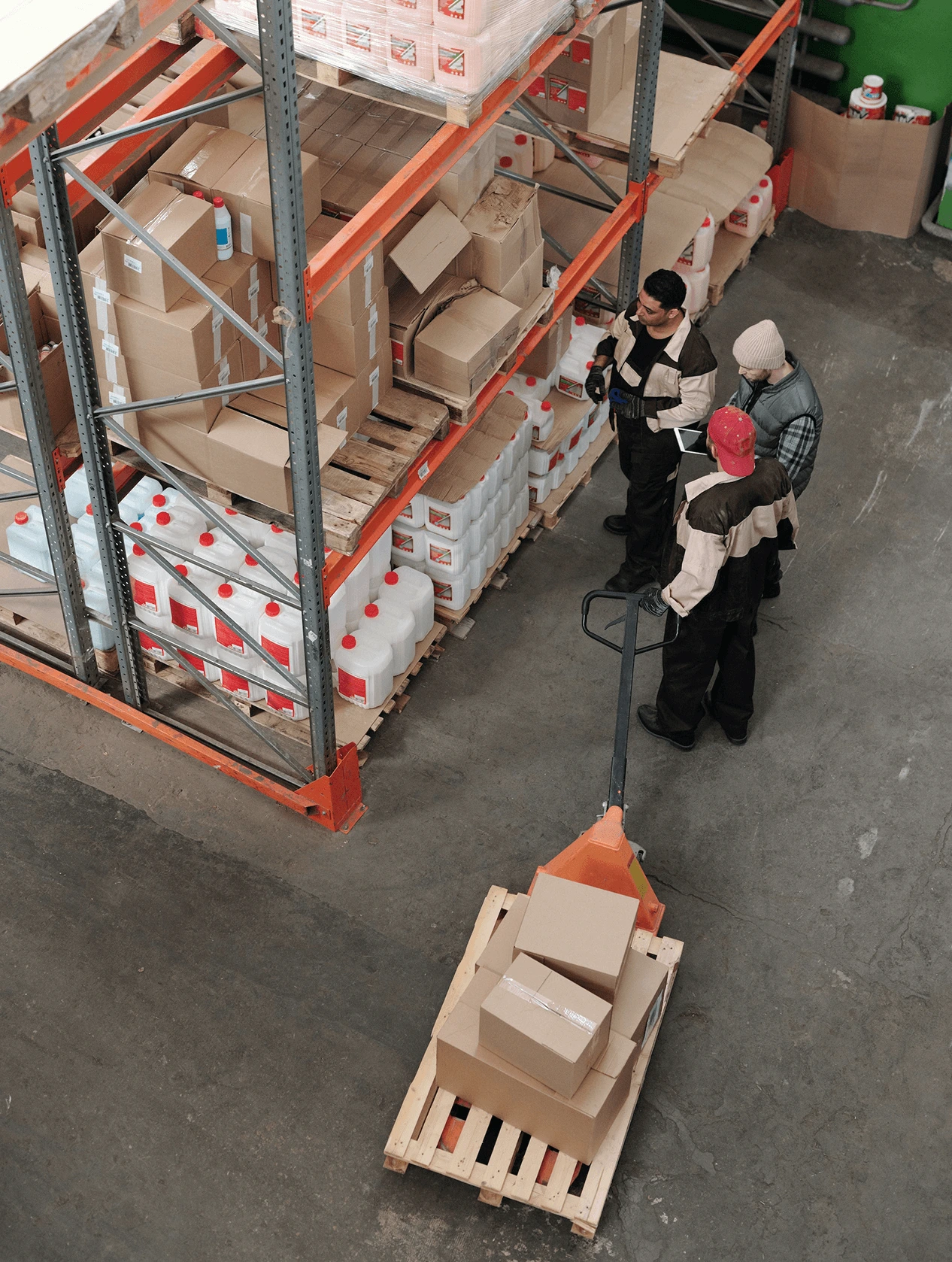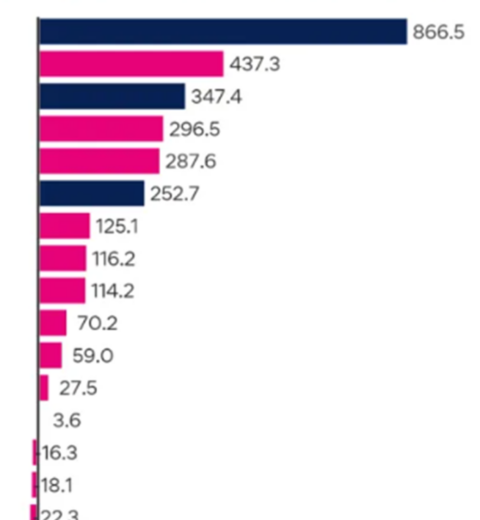Posted 24 December 2022 By Mollie Gorman | Article Courtesy: https://www.abc.net.au
For this manufacturing business, attracting workers to their home town has proven so difficult they have opened a new warehouse in Sydney.
Key points:
- Job vacancies in regional areas continue to climb
- Dubbo and Western NSW recorded the biggest growth in the country, compared with pre-pandemic levels
- One business has resorted to opening a new warehouse more than 400 kilometres away to get staff
MASPRO builds parts for the mining industry in Australia and around the world.
Creating the parts requires specialist skills that are in short supply, especially at Condobolin, a town of about 3,500 on the banks of the Lachlan River in western NSW.
The 90-year-old business decided to address their worker shortage in an innovative way this year: they opened a new branch of the company in Smithfield, an industrial area in Sydney, 435 kilometres away.
“It is a very competitive world and this is what we have to do to think outside the box,” Viola Lobo from MASPRO said.
“All over Australia there is a skills shortage … but also given the position and the location of Condobolin not many people would choose this rural town.”
The experience is not unique.
The latest job advertisement data from the federal government, released this week, showed vacancies were still at record highs.
The biggest growth in the country has been observed in Dubbo and western NSW, which includes the Condobolin area.
In November 2021, there were 143 per cent more advertisements compared with pre-pandemic — or around 1,000 more jobs on offer than before.
Nationally, the strongest recruitment activity has been observed in regional areas, according to the Labour Market Information Portal’s report.
However, the majority of the jobs on offer and subsequent recruitment are in the cities, despite advertisement growth in regional areas outpacing the metropolitan market.
Back in Condobolin, Ms Lobo said the business was targeting young people through an apprenticeship program.
But they were also turning to the international market to help fill the gaps.
Almost 40 per cent of the workforce is from overseas countries like Canada, the Philippines and South Africa, including Ms Lobo, who moved to the small town from Melbourne, and before that India.
“The transition for me to move from a city to a country town was very tough at the start,” she said.
“But what it’s given me is peace and stability … and I don’t think I’m going to leave, at least not for some time because I really like this place.”
Recruitment specialist Damien O’Donnell has observed the trends from his office in Orange, in the state’s central west.
In his experience, demand was surging for workers in regional industries such as agriculture, mining, health and tourism.
“Businesses are willing to do anything at the moment to get good staff, to get good people,” Mr O’Donnell said.
The growth of and demand for regional housing had also contributed to that, with jobs on offer in some areas but not places to live.
“It’s hard to fill a job if the person’s not already here,” he said.
But, Mr O’Donnell said, the vacancies across the country could be an opportunity for workers and businesses to better align their goals.
“Companies can win if they’re smart and agile; employees can win if they get really clear on what they want.”




